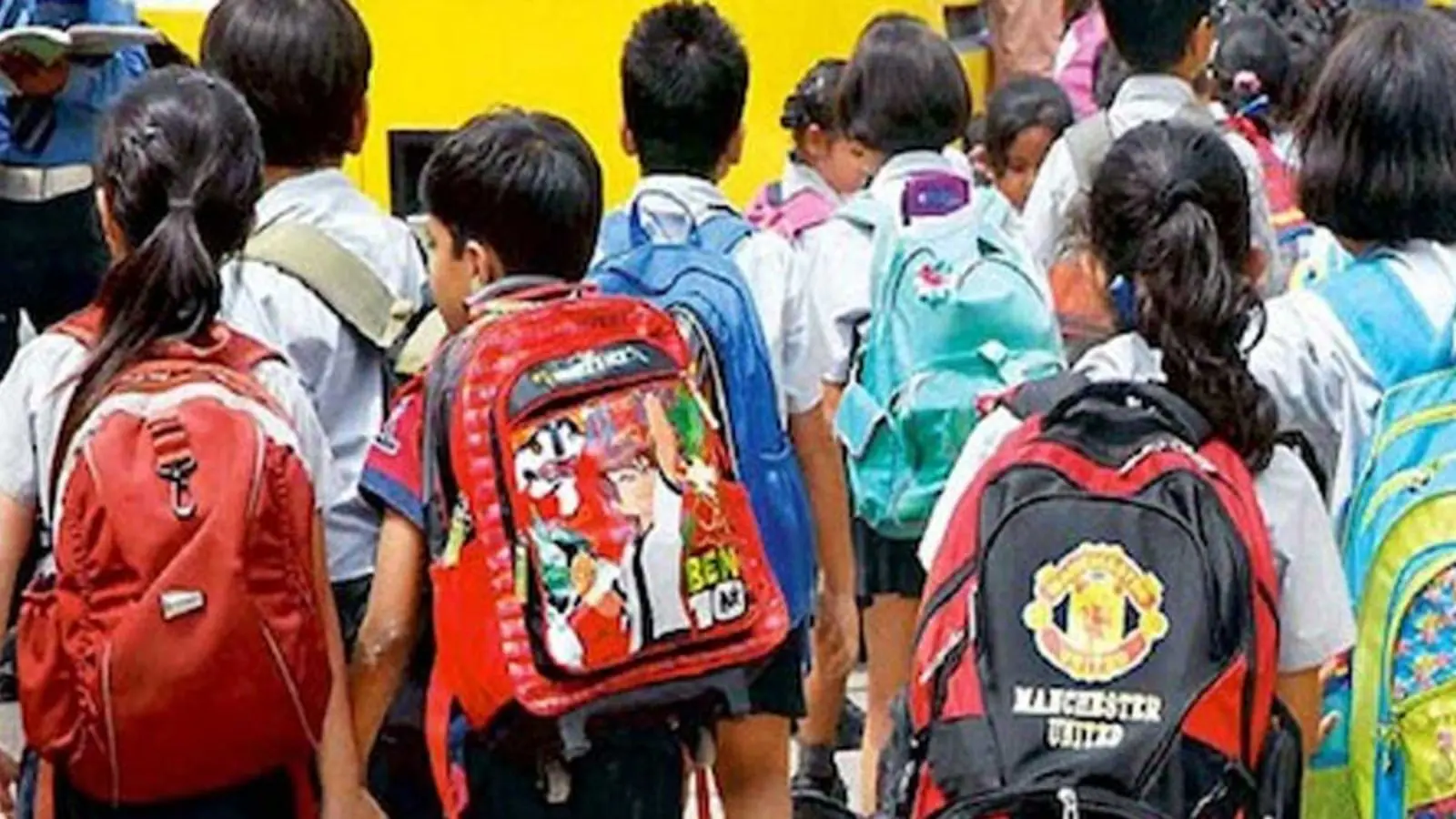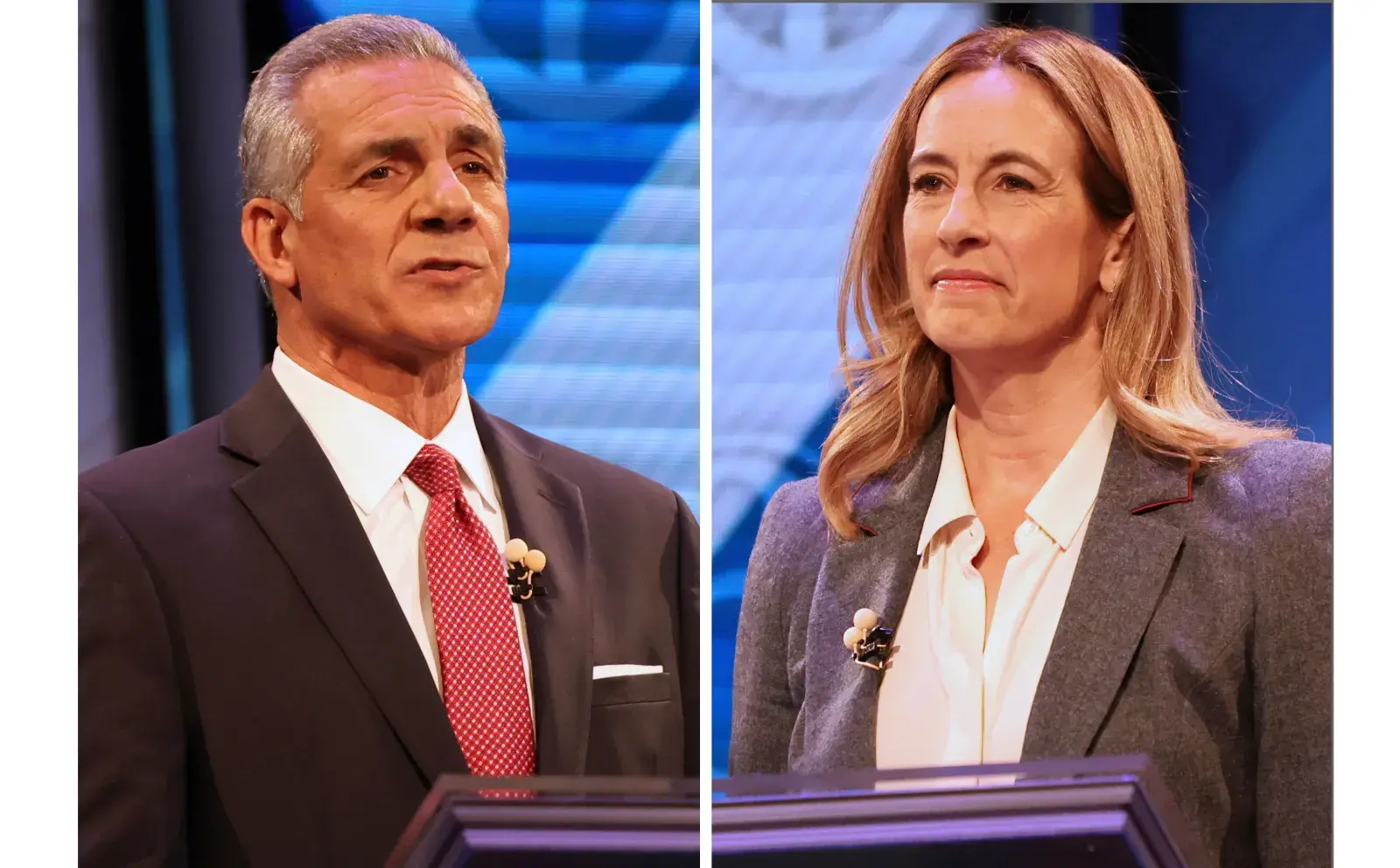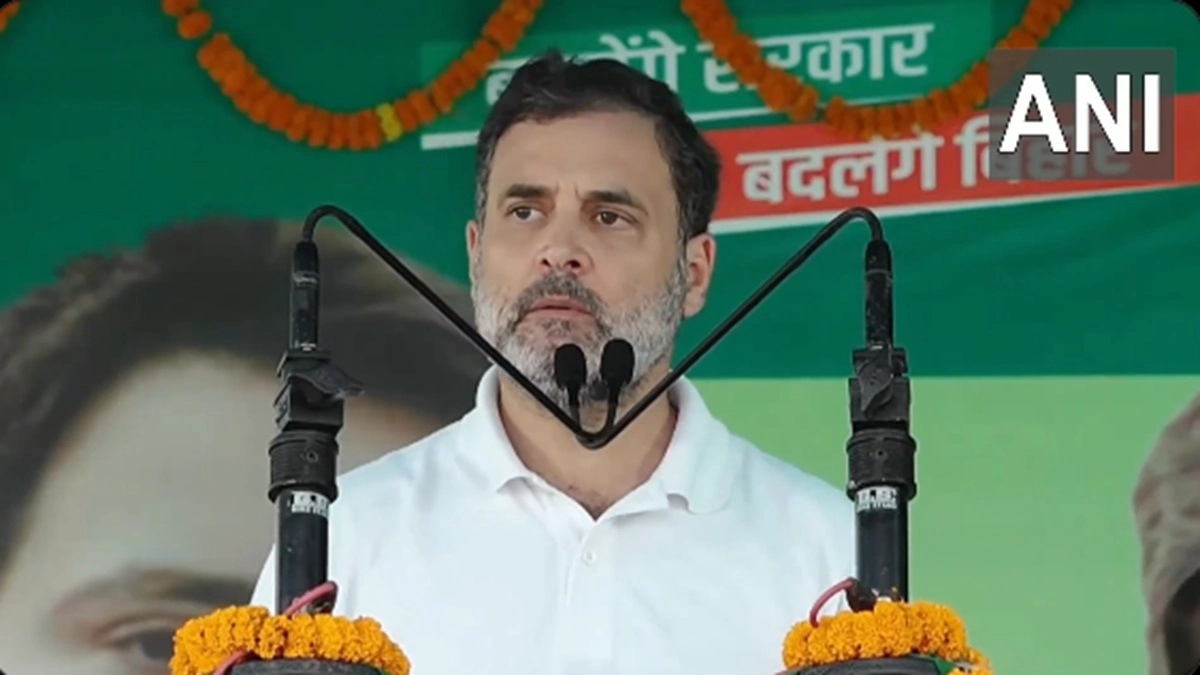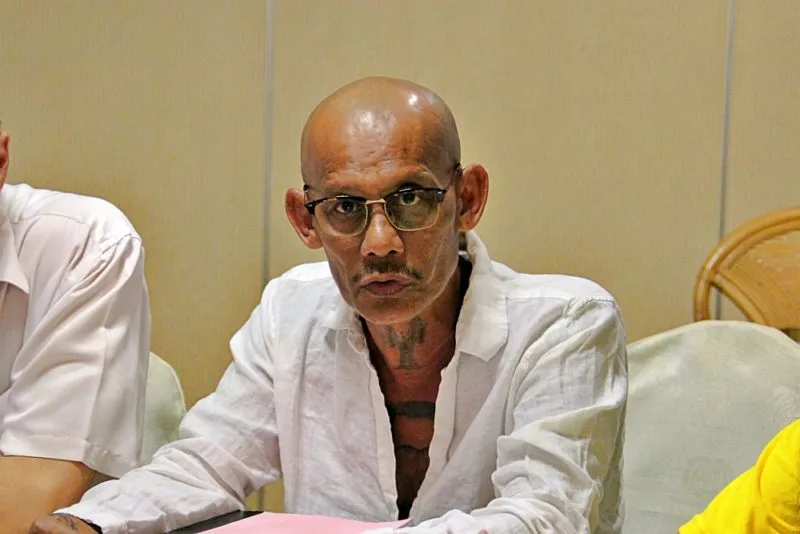Copyright news18

The Allahabad High Court’s Lucknow bench has clarified that the Right of Children to Free and Compulsory Education (RTE) Act, 2009, applies in full to private unaided schools, including the provision that prohibits them from detaining students at the elementary level. Justice Pankaj Bhatia allowed a petition filed by two schoolboys, aged 11 and 14, who had been held back by their ICSE-affiliated private school in Lucknow. Both were denied promotion for the 2024-25 academic year on the grounds of low marks and inadequate attendance. The children, represented through their father and natural guardian, argued that the school’s decision was illegal and contrary to Section 16 of the RTE Act, which bars any school from holding back or expelling a child until completion of elementary education. They contended that the school’s refusal to promote them violated their constitutional right to education under Article 21-A. The school defended its decision by claiming that the RTE Act did not fully apply to unaided institutions. It said its responsibility was confined to the reservation requirement under Section 12(1)(c), which mandates 25% seats for students from weaker sections, and that other provisions, including the no-detention clause, did not extend to it. The school added that the students’ attendance was well below the prescribed 75% and that overlooking such a shortfall would affect the institution’s discipline and academic integrity. Rejecting these arguments, the High Court ruled that the entire RTE framework binds private unaided schools. It relied on the Supreme Court’s decision in Society for Unaided Private Schools of Rajasthan v Union of India (2012), which upheld the constitutional validity of the RTE Act and its applicability to all schools, including unaided ones. “The distinction sought to be drawn between aided and unaided private schools in the matter of applicability of Section 16 merits rejection,” the court observed. Justice Bhatia added that a school’s internal rules or the guidelines of its affiliating board cannot override a statutory right created by Parliament. The court further noted that the Uttar Pradesh government had not issued any notification under Section 16(3) permitting schools to hold back students even after re-examination. Therefore, the no-detention policy under Section 16 remained fully operational in the state. Holding that the school’s decision had violated both Section 16(2), which mandates an opportunity for re-examination, and Section 16(4), which forbids expulsion, the court ordered the readmission of both boys. The younger student was directed to be promoted to class VI after a retest within two months, while the elder was to continue in class IX, as his academic record for that grade was already registered with the ICSE board.



